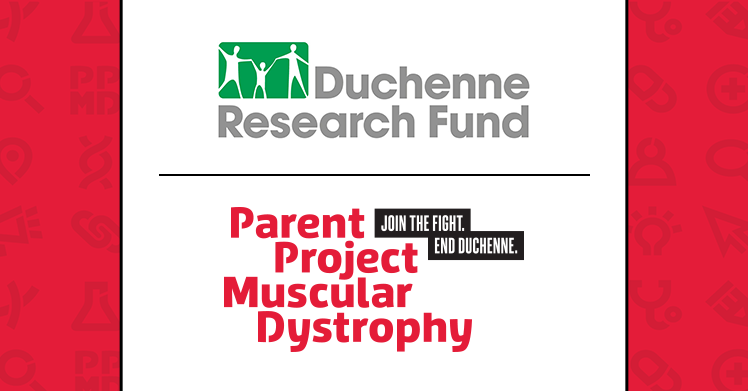
Parent Project Muscular Dystrophy (PPMD) is excited to announce sponsorship from the Duchenne Research Fund for an award totaling over $100,000.
As part of PPMD’s new Brain Initiative, the award will support work in understanding and improving the experiences and barriers to obtaining diagnostic and therapeutic care for neurobehavioral conditions in Duchenne.
Duchenne is the most common fatal genetic disorder diagnosed in childhood, affecting approximately one in 5,000 live male births. Duchenne is caused by a change in the dystrophin gene. For those living with Duchenne, neurobehavioral and cognitive diagnoses are not uncommon, but access to timely assessment, diagnosis, and treatment can be both difficult to obtain and varied in experience and outcome.
In partnership with several Certified Duchenne Care Centers (CDCCs), PPMD will launch a project evaluating several facets of neurobehavioral care, including:
- An assessment of new and emerging knowledge around the care and treatment of neurobehavioral diagnoses in Duchenne
- Experiences and pathways for care from both the clinician and caregiver perspective
- Pilot of a new tool to more easily assess for the presence of neurobehavioral conditions, facilitating efficient detection, diagnosis, and treatment of conditions
The neurobehavioral tool, developed by Natalie Truba, PhD, of Nationwide Children’s Hospital, and Molly Colvin, PhD, of Massachusetts General Hospital, will be piloted at Arkansas Children’s Hospital under the guidance of Seth Sorensen, PhD and Aravindhan Veerapandiyan, MD, with a goal of rolling out use of the tool to additional sites in urban, suburban, and international settings to better understand its utility and validity across a variety of populations.
Each of these efforts will collectively inform a series of care meetings diving into practices with a goal of establishing consensus for care across learning, behavior, depression, and anxiety in Duchenne.
PPMD’s new Brain Initiative will include the work sponsored by the Duchenne Research Fund, as well as additional work in standardization of neurobehavioral diagnostic pathways and utilization of interventions ensuring that all people living with Duchenne have access to appropriate neurobehavioral care. Rachel Schrader, MS, APRN, CPNP-PC, PPMD’s Vice President of Clinical Care and Education explains:
“We recognize that while there have been expansive advancements in routine clinical care alongside development of four approved therapies for the treatment of Duchenne, access to timely diagnosis and treatment for neurobehavioral conditions in Duchenne remains challenging. By optimizing routine clinical care, problems with learning, behavior, depression, and anxiety have bubbled to the surface, but how we address these issues remains inconsistent and difficult to treat. We are optimistic that this new initiative will help move the needle in how we tackle these important issues that affect everyday life for people living with Duchenne. We recognize there is much work that needs to be done in this arena, and we are excited to push forward in optimizing this area of care for the Duchenne community.”
Dr. Sarah Shelley, medical trustee at the Duchenne Research Fund, adds:
“We are pleased that the Duchenne Research Fund has partnered with PPMD to support this vital research and tackle an under-explored aspect of Duchenne muscular dystrophy. Our charity is committed to funding research to improve the lives of everyone living with Duchenne. We look forward to following the progress of PPMD’s work in the assessment and care of neurobehavioral diagnoses in Duchenne.”
PPMD’s Certified Duchenne Care Center (CDCC) Program supports standardized, comprehensive care and services for all people living with Duchenne. By leveraging the power of CDCC expert clinicians in the development and implementation of tools to facilitate improved care, PPMD hopes to improve and standardize care for neurobehavioral conditions in Duchenne throughout the globe. PPMD plans to announce additional details surrounding its Brain Initiative in due course.



 by: Parent Project Muscular Dystrophy
by: Parent Project Muscular Dystrophy

